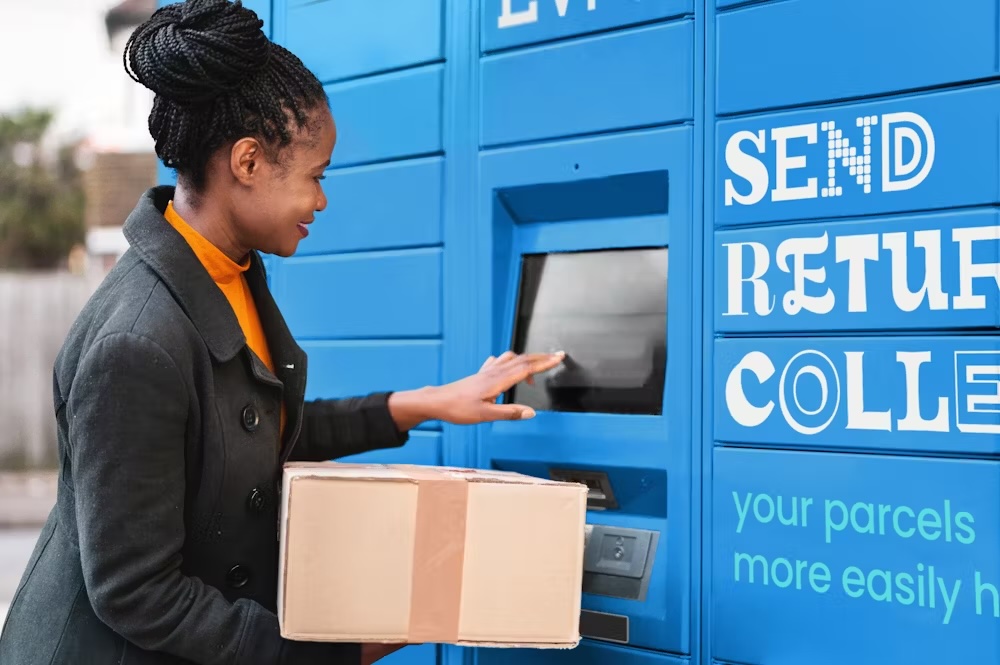DPD is the latest delivery company to seek to reduce its environmental impact with the launch of its first all-electric parcel depot in London.
The 5000 square foot site in Westminster will deliver up to 2000 parcels per day using two types of electric vehicles, one taking parcels to the depot and the other handling last mile shipments.
The company has already invested £500,000 in refurbishing the facility as well as installing charging equipment, with a further £3 million in investment planned for the next 10 years.
DPD hopes the site will reduce CO2 emissions by 45 tonnes per year.
The company is set to introduce a second all-electric depot in Shoreditch, with a further six sites planned for London. The capital’s transport authority Transport for London (TfL) is introducing an ultra-low emission zone in central London from next April.
Dwain McDonald, CEO of DPD, said: “Reducing and neutralising our carbon footprint; providing smarter and more efficient urban delivery solutions and driving innovation are at the heart of DPD’s DrivingChange programme.
“We want to be the leader in alternative fuel vehicles in the UK, with the ultimate aim being to move to a zero-emission fleet. Westminster is clearly the first step towards that goal and will be instrumental in developing our future EV proposition and strategy,” he said.
The move by DPD came as a study by delivery price comparison site ParcelHero questioned conventional wisdom around the sustainability of home deliveries.
A 2009 report had found that a customer shopping by car would need to purchase 24 non-food items to reduce their equivalent emissions to those of a home delivery.
However, the new report found that nitrogen oxide (NOx) emissions were an issue for the sector, which primarily rely on diesel vehicles that emit higher levels of NOx.
Other companies exploring more sustainable delivery options include DHL, Zedify and Sainsbury’s which are experimenting with the use of bicycles.
The study also noted that Hermes and DHL were both making use of electric vans, with DHL not only building its own vans but also supplying them to other companies. Royal Mail and UPS were also looking at working with the technology.
Commenting on the research, ParcelHero’s head of consumer research David Jinks said:
“Whatever their final evolution, our study finds home deliveries will continue to be a greener option than traditional shopping trips in the family car, as technology evolves and delivery choices grow ever wider.”
There are signs that pollution is an important issue for consumers. A survey at the beginning of the year by B2C Europe of 1000 consumers across the UK, the Netherlands, and France found that only 10 percent of people would choose express delivery options when informed that they resulted in worse traffic and air pollution.
In addition, 85 percent said they would prefer to choose a green delivery option that could take six to eight days to arrive.
Image credit: DPD








